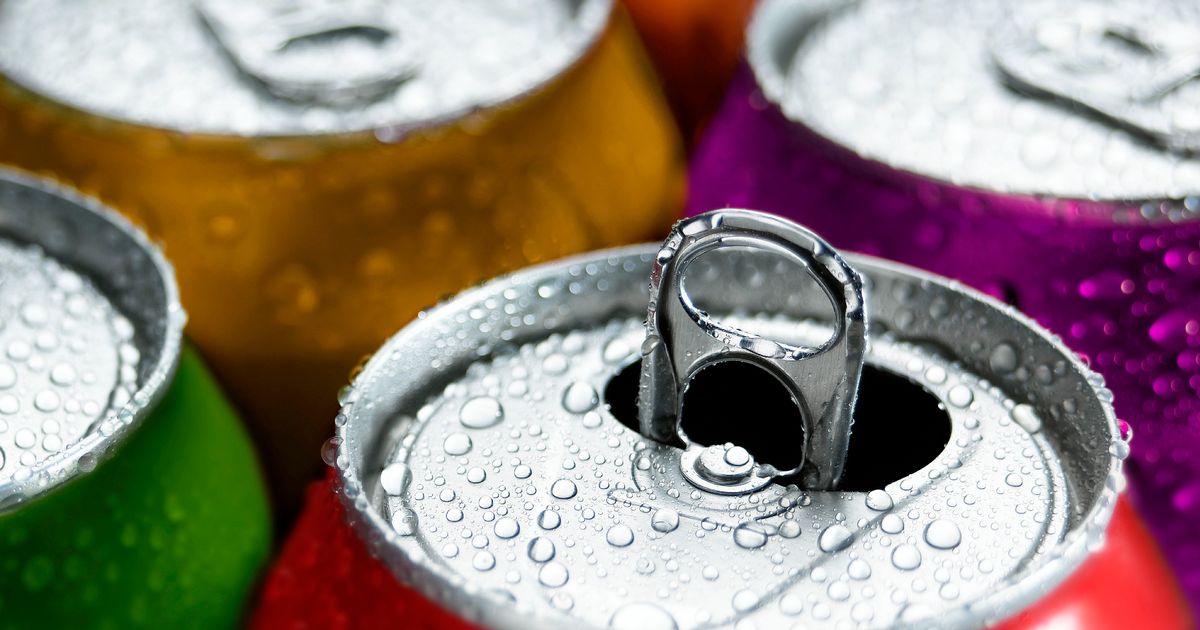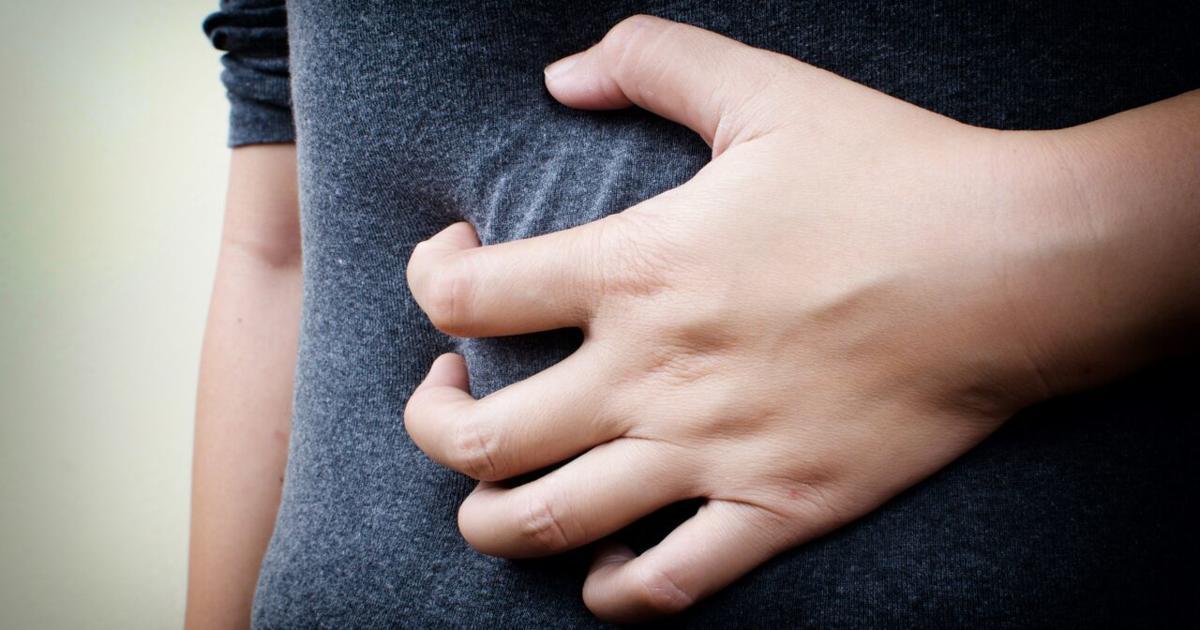How To Quickly Treat Intestinal Gas
Cut Back On Carbonated Beverages

The carbon dioxide from the pop of fizzy water or other carbonated beverage contains a dissolved type of carbon dioxide. Once this carbon dioxide reaches body temperature, it becomes gas in the stomach. Enough gas will eventually gather in the intestines and need to come back out. This is the reason individuals often belch after drinking soda. That gas has to come out somewhere. Unfortunately, individuals may also pass stomach acid and food along with the carbon dioxide gas.
If an individual drinks soda or other carbonated beverages frequently, their body will have a lot of gas to eliminate because their stomach won’t be able to stretch out enough to contain all of the carbon dioxides. So cutting back on carbonated beverages is crucial for patients who wish to reduce their intestinal gas, particularly when they have had issues with it in the past.
Underlying Condition Treatment

Underlying conditions may cause more intestinal gas than usual, so treating the condition in question will, as a result, reduce the amount of gas produced and help patients feel better. Several underlying conditions can cause the passing of gas as well as belching and bloating. Gallbladder problems and gallstones can make individuals more flatulent until the gallbladder issue is treated. Food poisoning symptoms also include flatulence. Taking antibiotics may also give patients gas because the biology of the intestines is disturbed by the medication. Diseases like Crohn’s disease, diverticulitis, or Crohn’s disease also have excess intestinal gas as a symptom.
Constipation makes it difficult for an individual to pass feces and causes abdominal gas buildup as well. And finally, some types of cancer may cause an intestinal blockage. If an individual suddenly develops worsening flatulence, they should check in with their doctor to eliminate these severe causes of passing gas. Other health conditions cause gas such as pregnancy, hernias, and Hirschsprung disease.
